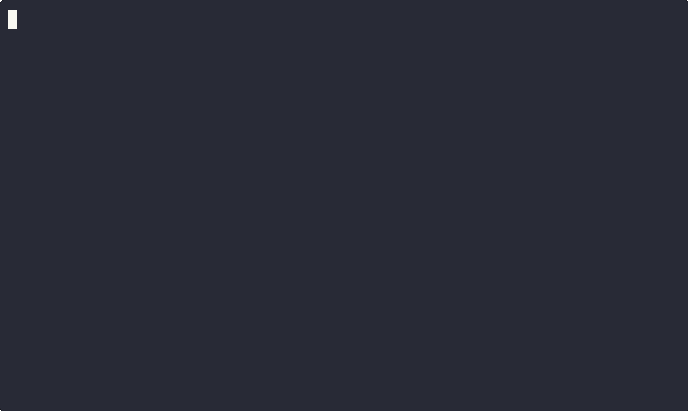devenv 1.11: Module changelogs and SecretSpec 0.4.0
devenv 1.11 brings the following improvements:
- Module changelogs for communicating breaking changes
- Profile configuration in devenv.yaml
- SecretSpec 0.4.0 with multiple provider support and file-based secrets
Module changelogs
The Nix module system already handles renames and deprecations well—you get clear warnings when using old option names. But communicating behavior changes is harder. When a default value changes or a feature works differently, users often discover this through unexpected behavior rather than explicit notification.
Recently we've wanted to change git-hooks.package from pkgs.pre-commit to pkgs.prek, a reimplementation in Rust.
The new changelog option lets module authors declare important changes directly in their modules:
{ config, ... }: {
changelogs = [
{
date = "2025-11-26";
title = "git-hooks.package now defaults to pkgs.prek";
when = config.git-hooks.enable;
description = ''
The git-hooks integration now uses [prek](https://github.com/cachix/prek) by default for speed and smaller binary size.
If you were using pre-commit hooks, update your configuration:
```nix
git-hooks.package = pkgs.pre-commit;
```
'';
}
];
}
Each entry includes:
date: When the change was introduced (YYYY-MM-DD)title: Short summary of what changedwhen: Condition for showing this changelog (show only to affected users)description: Markdown-formatted details and migration steps
After running devenv update, relevant new changelogs are displayed automatically:
$ devenv update
...
📋 changelog
2025-11-24: **git-hooks.package now defaults to pkgs.prek**
The git-hooks integration now uses prek by default.
If you were using pre-commit hooks, update your configuration:
git-hooks.package = pkgs.pre-commit;
The when condition ensures changelogs only appear to users who have the relevant feature enabled. A breaking change to PostgreSQL configuration won't bother users who don't use PostgreSQL.
View all relevant changelogs anytime with:
For module authors
If you maintain devenv modules (either in-tree or as external imports), add changelog entries when making breaking changes. This helps your users stay informed without requiring them to read through commit history or release notes.
See the contributing guide for details.
Profile configuration in devenv.yaml
You can now specify the default profile in devenv.yaml or devenv.local.yaml:
This can be overridden with the --profile CLI flag.
SecretSpec 0.4.0
We've released SecretSpec 0.4.0 with two major features: multiple provider support and file-based secrets.
Multiple providers with fallback chains
You can now configure different providers for individual secrets, with automatic fallback:
[profiles.production]
DATABASE_URL = { description = "Production DB", providers = ["prod_vault", "keyring"] }
API_KEY = { description = "API key", providers = ["env"] }
Define provider aliases in your user config:
$ secretspec providers add prod_vault onepassword://vault/Production
$ secretspec providers add shared_vault onepassword://vault/Shared
When multiple providers are specified, SecretSpec tries each in order until it finds the secret. This enables:
- Shared vs local: Try a team vault first, fall back to local keyring
- Migration: Gradually move secrets between providers
- Multi-source setups: Projects that need to source secrets from different providers
Combine that with profile-level defaults to avoid repetition:
[profiles.production.defaults]
providers = ["prod_vault", "keyring"]
required = true
[profiles.production]
DATABASE_URL = { description = "Production DB" } # Uses default providers
API_KEY = { description = "API key", providers = ["env"] } # Override
Provisioning secrets as a file
Some tools require secrets as file paths rather than values—certificates, SSH keys, service account credentials.
With as_path = true, SecretSpec writes the secret value to a secure temporary file and returns the path instead:
In Nix, we don't want to leak secrets into the world-readable store, so passing them as paths avoids this issue:
{ pkgs, config, ... }: {
services.myservices.certPath = config.secretspec.secrets.TLS_CERT;
}
Temporary files are automatically cleaned up when the resolved secrets are dropped.
If you haven't tried SecretSpec yet, see Announcing SecretSpec for an introduction.
Getting started
New to devenv? Check out the getting started guide.
Join the devenv Discord community to share feedback!
Domen

